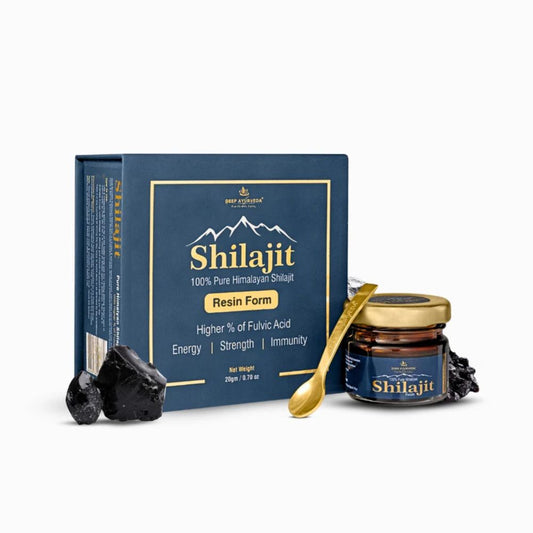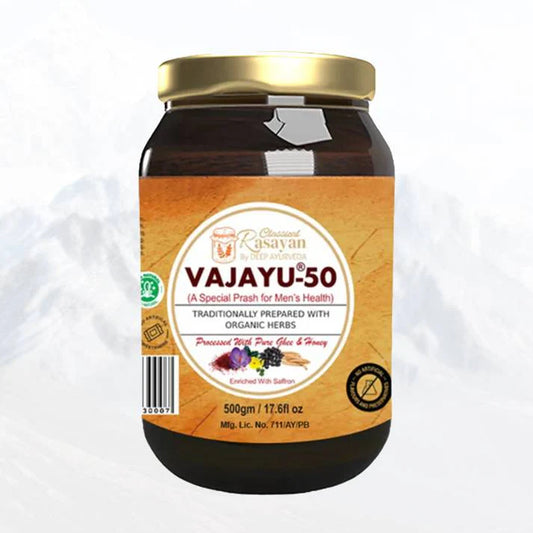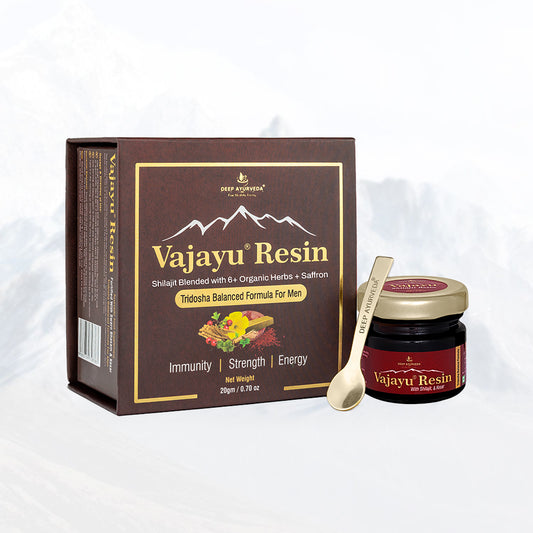Stress has become an inseparable part of modern living. From long working hours and financial pressures to personal responsibilities and digital overload, almost everyone experiences stress at some point. While a certain level of stress can motivate us to perform, chronic stress can be deeply harmful to both body and mind. That is why learning and practicing effective relaxation techniques is essential in today’s fast-paced world.
Before exploring these methods, it is important to understand what is stress and how to manage stress in a practical and sustainable way. Stress is not merely an emotional reaction; it is the body’s physiological response to any challenge or demand. Left unmanaged, stress can contribute to issues such as high blood pressure, weakened immunity, anxiety, and even chronic diseases.
Fortunately, stress does not have to control your life. By learning how to stress relieve through simple daily practices, you can regain calmness, balance, and resilience. Let us dive into some of the most effective relaxation techniques that you can integrate into your lifestyle.
Understanding Stress: The First Step Toward Relief

Before adopting solutions, it is important to ask: What is stress and how to manage stress effectively? Stress occurs when the demands on your mind or body exceed your ability to cope. It activates the “fight-or-flight” response, releasing hormones such as cortisol and adrenaline.
Short-term stress can sharpen focus, but prolonged stress leads to fatigue, irritability, and reduced productivity. Managing stress requires a multi-dimensional approach that combines healthy lifestyle habits with specific relaxation strategies.
1. Deep Breathing Exercises

One of the simplest yet most powerful relaxation techniques is deep breathing. It instantly calms the nervous system and reduces the physiological effects of stress.
-
How to do it: Sit in a comfortable position, close your eyes, and take a deep breath in through your nose for 4 seconds. Hold for 2 seconds, then exhale slowly through your mouth for 6 seconds. Repeat for 5–10 minutes.
-
Why it works: Deep breathing increases oxygen intake, lowers heart rate, and signals the brain to relax.
If you are wondering how to stress relieve quickly in the middle of a hectic day, a few minutes of mindful breathing can make a significant difference.
2. Progressive Muscle Relaxation

Progressive Muscle Relaxation (PMR) is a structured method of releasing physical tension from the body.
-
How to do it: Starting from your toes, tense each muscle group for 5–10 seconds, then release. Move gradually upward—feet, legs, abdomen, arms, shoulders, and finally your face.
-
Why it works: PMR increases awareness of body tension and promotes a state of physical relaxation.
This technique is especially effective for people whose stress manifests as muscle tightness or headaches.
3. Meditation and Mindfulness

Meditation is one of the most recommended relaxation techniques for cultivating mental peace. Mindfulness, a form of meditation, involves staying fully present in the moment without judgment.
-
How to do it: Sit quietly, focus on your breath, and observe your thoughts as they arise and pass without attachment. Even 10 minutes daily can yield benefits.
-
Why it works: Meditation reduces overthinking, lowers cortisol levels, and improves concentration.
Learning what is stress and how to manage stress often leads people to mindfulness practices because they offer sustainable long-term relief.
4. Yoga and Stretching
Yoga combines breath control, movement, and meditation, making it a holistic approach to stress relief. Gentle yoga poses like Child’s Pose, Forward Fold, or Corpse Pose are deeply calming.
-
How to do it: Dedicate at least 20 minutes to gentle stretching or yoga postures daily.
-
Why it works: Yoga lowers stress hormones, improves flexibility, and boosts energy.
Incorporating yoga into your routine is not only a way to exercise but also an effective practice in how to stress relieve naturally.
5. Visualization and Guided Imagery
Visualization, also known as guided imagery, is a technique where you imagine peaceful scenes to evoke relaxation.
-
How to do it: Close your eyes and picture a calming place such as a beach, forest, or mountain. Focus on the sensory details—the sound of waves, the smell of fresh pine, or the warmth of the sun.
-
Why it works: The brain responds to imagery as if it were real, reducing tension and calming the nervous system.
This is one of the most soothing relaxation techniques for those who struggle to calm their thoughts through traditional meditation.
6. Journaling and Expressive Writing

Sometimes, stress builds up because emotions and thoughts are not expressed. Writing them down is a powerful way to release internal tension.
-
How to do it: Set aside 10–15 minutes daily to write freely about your thoughts and feelings without judgment.
-
Why it works: Journaling helps organize thoughts, reduces rumination, and fosters self-awareness.
This method is especially helpful when learning what is stress and how to manage stress, since self-reflection often reveals triggers and solutions.
7. Aromatherapy
Scents have a profound impact on mood. Essential oils such as lavender, chamomile, and sandalwood are well known for their calming effects.
-
How to do it: Use a diffuser with calming essential oils, or simply inhale directly from the bottle for quick relief.
-
Why it works: Aromatherapy influences brain pathways related to emotion, reducing stress and anxiety.
It is a simple yet effective addition to daily relaxation techniques, especially for creating a peaceful environment at home.
8. Listening to Music

Music therapy has been scientifically shown to reduce stress levels. Soft instrumental tunes, classical music, or even natural sounds can induce relaxation.
-
How to do it: Create a playlist of calming music and listen during breaks or before bedtime.
-
Why it works: Music slows heart rate, reduces muscle tension, and uplifts mood.
If you want to know how to stress relieve in a way that feels enjoyable, music is one of the easiest and most accessible tools.
9. Spending Time in Nature
Nature has an incredible ability to calm the human mind. Walking in a park, gardening, or simply sitting outdoors can refresh your mood.
-
How to do it: Dedicate at least 20 minutes a day to outdoor activities.
-
Why it works: Exposure to natural light, fresh air, and greenery lowers stress hormones and restores mental clarity.
Incorporating time with nature into your routine is among the most rejuvenating relaxation techniques for stress relief.
Lifestyle Habits That Support Stress Management
Beyond structured techniques, your everyday lifestyle plays a big role in managing stress. A healthy diet, regular physical activity, proper sleep, and meaningful social connections all reduce stress. Avoiding excessive caffeine, alcohol, and digital overstimulation can also help create balance.
When you understand what is stress and how to manage stress, it becomes clear that lifestyle changes and consistent relaxation techniques together create the best results.
When to Seek Professional Help
While self-care practices are valuable, sometimes stress may feel overwhelming. If you experience persistent anxiety, depression, or physical symptoms that do not improve, consulting a healthcare professional is important. Therapy, counseling, or integrative approaches like Ayurveda can provide additional support.
Conclusion
Stress is unavoidable, but suffering from it is not. By learning how to stress relieve through simple daily practices, you can regain calmness, focus, and balance. Deep breathing, meditation, yoga, journaling, and even listening to music are accessible and effective relaxation techniques for people of all ages.
Understanding what is stress and how to manage stress allows you to approach life with greater resilience. Start small, choose one or two techniques that resonate with you, and build them into your daily routine. Over time, you will not only manage stress better but also enjoy improved mental clarity, emotional balance, and overall well-being.






